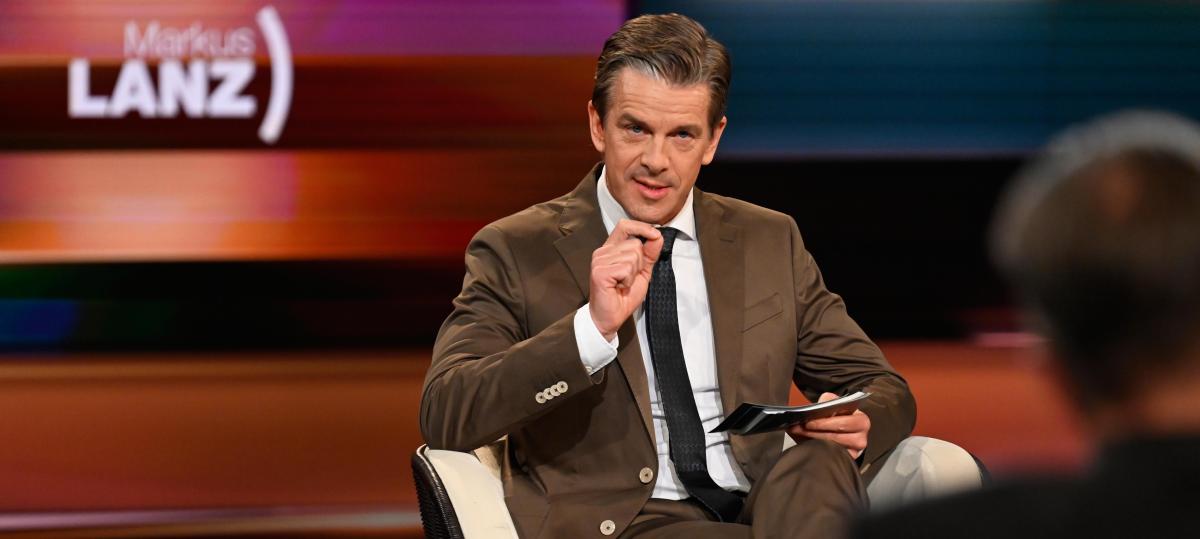Humper start from Merz will put a long burden coalition

Professor Falter, how big is the damage to the Chancellor and the new coalition after Friedrich Merz was only elected in the second ballot?
Jürgen Falter: The failure of Friedrich Merz In the first ballot, the ratio of the coalition partners will burden. Here distrust and doubt about the reliability of the other was sown. The Union suspects that the missing voices from the SPD came. And in the SPD it is said, the refusal came from the Union. On the outside, the process shakes belief in the stability of the coalition. Because it could happen that the necessary majorities are missing again in the case of dispute issues – for example in the minimum wage. This is clearly a bad start for Friedrich Merz and his government.
Now Germany puzzles whoever refused Merz. Are there indications that the bearings came from?
BUTTERFLY: You can only speculate. There is evidence that voices were missing from both camps. However, the CDU MPs would have had the less interest in refusing Merz. After the dry spell in the opposition, you really wanted to put back to the government and the Chancellor. I therefore rather believe that there were mainly dissidents at the SPD. You don’t know exactly – and we may never find out.
Was that more of an accident or a targeted intrigue?
BUTTERFLY: In my opinion it was more of a breakdown. Some thought: Now I miss a memo, he will already get the majority – after all, the coalition has twelve votes ahead. Then there was more deviators than everyone thought. I suspect from both sides. There were some in the Union who were dissatisfied-for example because of the abolition of the debt brake or because they found, the coalition agreement carries too much SPD manuscript. And in the SPD there was anger over Union positions and because some did not get the hoped -for office. The further displeasure in the left warehouse about Merz should not be underestimated that an application with votes from the migration vote AfD was enforced.
Photo: Hartmann, dpa (archive photo)
Many now remember the traffic lights. Is there a change in politics? That selfish sensitivities victim to consciousness?
BUTTERFLY: At the traffic lights there were deep differences of opinion that led to a surprisingly late break. But I see no decline of professionalism. There were earlier Chancellor elections with many votes against – Angela Merkel also had to accept a number of people. But it never meant that someone was only elected in the second ballot.
From historical experiences, the Basic Law regulates the chancellor’s election particularly strictly. Now Markus Söder warned of the chaos of conditions as in the Weimar Republic …
BUTTERFLY: Yes, and not entirely wrong. Unstable governments lead to unstable circumstances, to worry and possibly radicalization as we have experienced in Weimar. If it went on like this, the water would be on the mills of the AfD. However, we have the advantage today that our institutions are designed for stability – the Basic Law ensures continuity. A chancellor can only be overthrown if a new one is chosen. At least that calms down something. But we have the same problems as other countries with the strengthening of parties on the right. The migration question is crucial everywhere – even with Donald Trump’s election in the USA.
So is the key to a success of the coalition in migration policy?
BUTTERFLY: Without a doubt, this is one of the topics that many voters burn most on the nails. But unemployment, inflation, rapidly rising rents and the perceived loss of wealth will also be the crucial questions as to whether this government will fail in the eyes of voters or have success.
Before the election, one spoke theatrically of the « last cartridge of democracy ». What does the false start mean for Germany?
BUTTERFLY: The thesis of the « last cartridge of democracy » is extremely exaggerated. Democracy will not go down as quickly – so radicals, all negative anti -democratic forces as in Weimar does not exist. Neither left nor rights want to abolish democracy. Even if the AfD became the strongest party, it is part of right -wing extremists – but not a NSDAP. I do not want to trivialize the politics of this party, but warn of unhistorical exaggerations. It now depends on the policy of the new federal government.
What does the day mean for future government work?
BUTTERFLY: It could be a « thorny opportunity » – to quote Christian Lindner. The shock may force the partners to work closer together. But in the coalition agreement there are many explosive traps – for example in the minimum wage or in budget financing. I see a lot of stumbling blocks, even if it is clear to everyone how important cohesion would be. In small -scale questions, the coalition agreement is not a bad plan. But with the big reforms – pension from 2032, reduction in bureaucracy, healthcare – he disappointed. The failures of the past decades are not sufficiently caught up.
Was this day a foretaste of Merz on his chancellorship? That from now on many unexpected problems will request him as a crisis manager?
BUTTERFLY: We don’t know whether Merz will be a good crisis manager. He never had a government office, only the fraction management. But he knows that he has to be. Some crises continue to smolder, new ones will be added – which can not yet be predicted today. Governing is crisis management – Merz will have to learn that.
To person: Jürgen Falter is one of the most famous German political scientists and known as election researchers from many TV programs. The 81-year-old researches at the Johannes Gutenberg University in Mainz.








